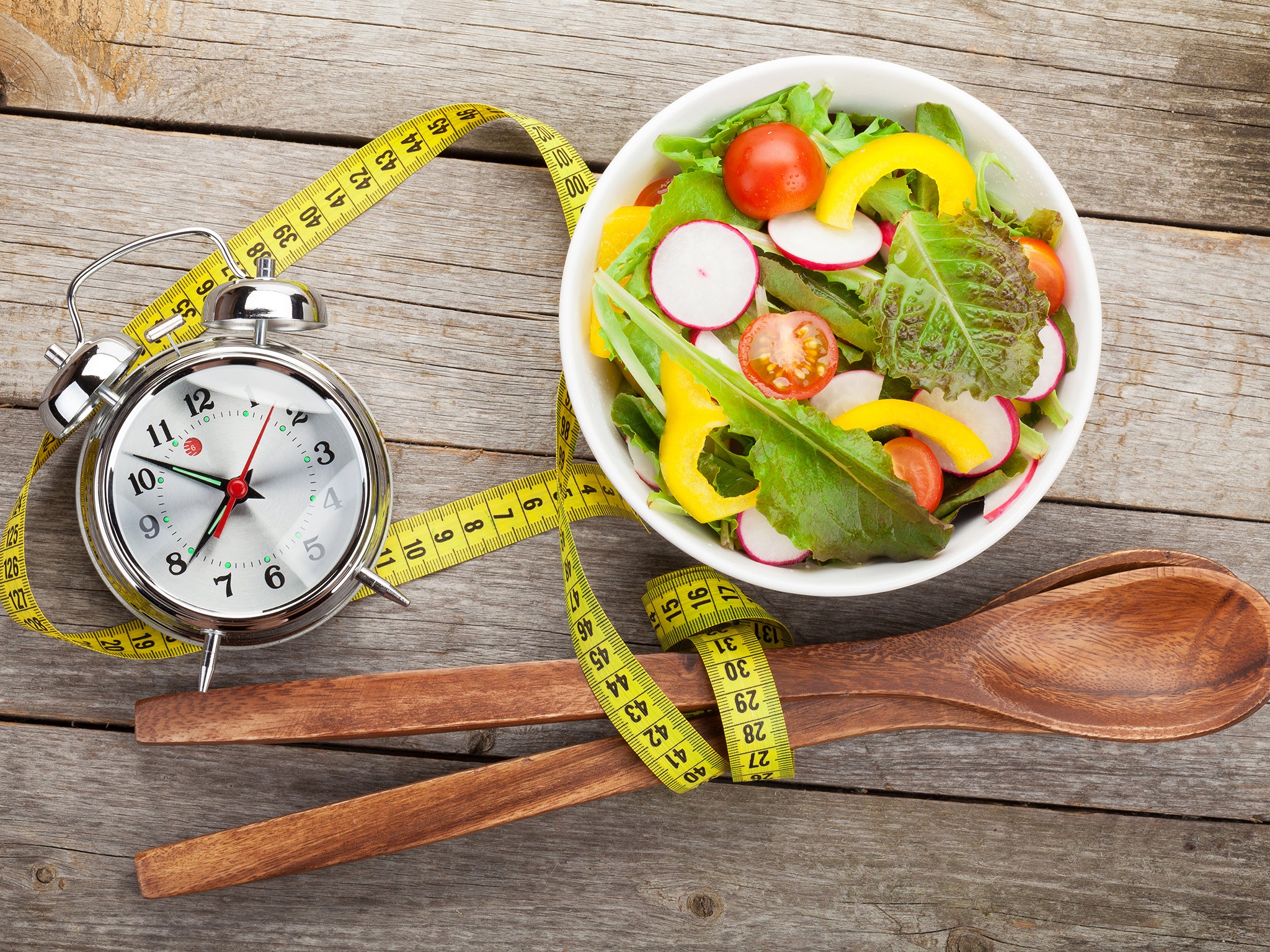Eating dinner after 7pm increases heart attack risk, study says
Experts say having dinner within two hours of going to bed leaves the body on "high alert"

Your support helps us to tell the story
From reproductive rights to climate change to Big Tech, The Independent is on the ground when the story is developing. Whether it's investigating the financials of Elon Musk's pro-Trump PAC or producing our latest documentary, 'The A Word', which shines a light on the American women fighting for reproductive rights, we know how important it is to parse out the facts from the messaging.
At such a critical moment in US history, we need reporters on the ground. Your donation allows us to keep sending journalists to speak to both sides of the story.
The Independent is trusted by Americans across the entire political spectrum. And unlike many other quality news outlets, we choose not to lock Americans out of our reporting and analysis with paywalls. We believe quality journalism should be available to everyone, paid for by those who can afford it.
Your support makes all the difference.Eating meals late at night is putting millions of Britons at danger of suffering heart attacks, doctors have warned.
Having dinner within two hours of going to bed can leave the body on "high alert" and mean blood pressure does not fall properly overnight, increasing the risk to the heart.
Experts recommended that adults should eat ideally eat dinner before 7pm to allow the body time to wind down and rest, and warned that eating late can do more damage to the heart than having a diet high in salt, the Daily Telegraph reported.
Cardiologists at a Turkish university studied more than 700 men and women with high blood pressure to establish what difference eating times and the consistency of their diet had on their health.
Eating dinner later was found to have the most significant impact on blood pressure during the night, with those doing so almost twice as likely to suffer from "non-dipper hypertension", when pressure fails to drop properly overnight.
Blood pressure is meant to fall by 10%, but almost 25% of those who ate dinner within two hours of going to bed did not experience their pressure falling sufficiently overnight, compared with 14.2% who ate earlier.
Late eating encouraged the productions of stress hormones such as adrenaline, the Telegraph said, and also could affect circadian rhythms.
People who missed breakfast were also less likely to see the important fall in pressure, but this had less impact than late-night eating.
Dr Ebru Ozpelit, associate professor of cardiology at Dokuz Eylul University in Imir, said modern life and things such as artificial lighting meant people are more likely to eat later in the day and take up "erratic" eating habits.
She told the European Society of Cardiology Congress in Rome: "We must define the ideal frequency and timing of meals because how we eat may be as important as what we eat."
Join our commenting forum
Join thought-provoking conversations, follow other Independent readers and see their replies
Comments